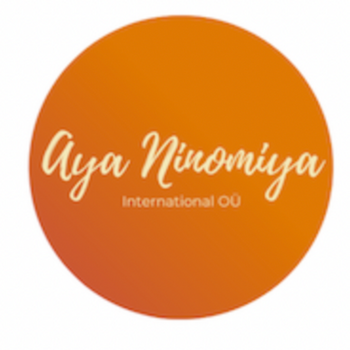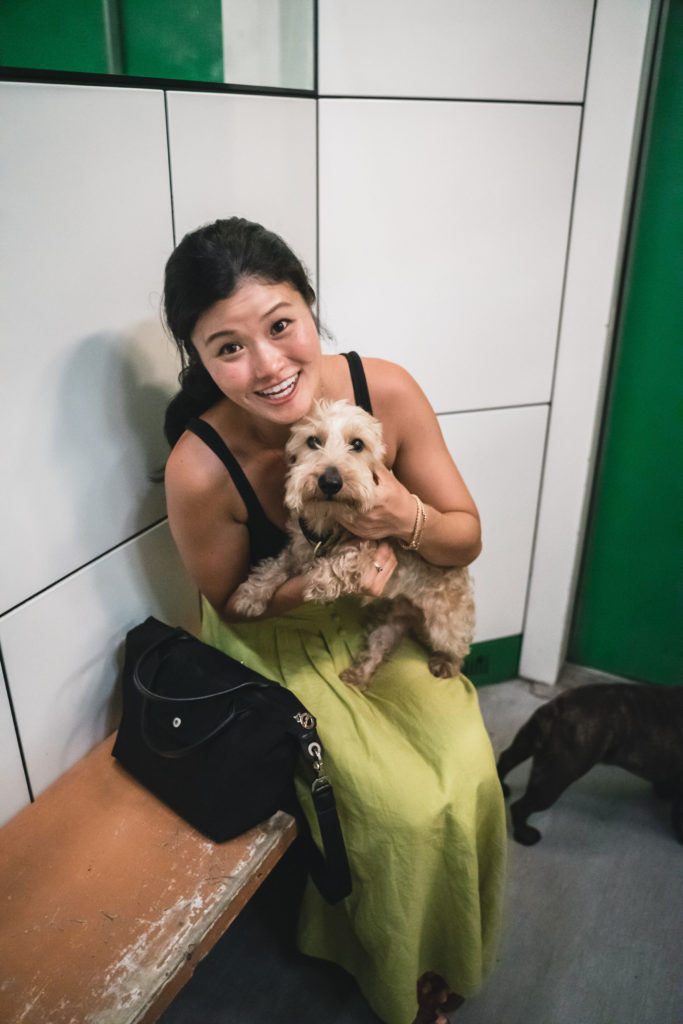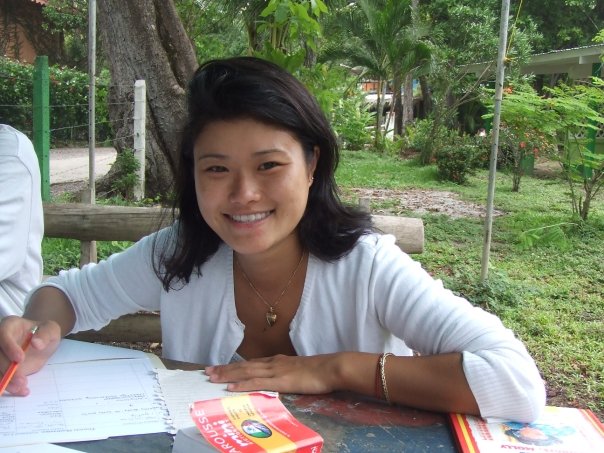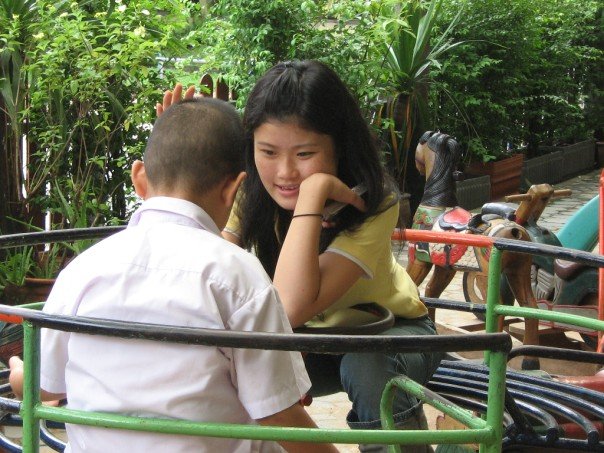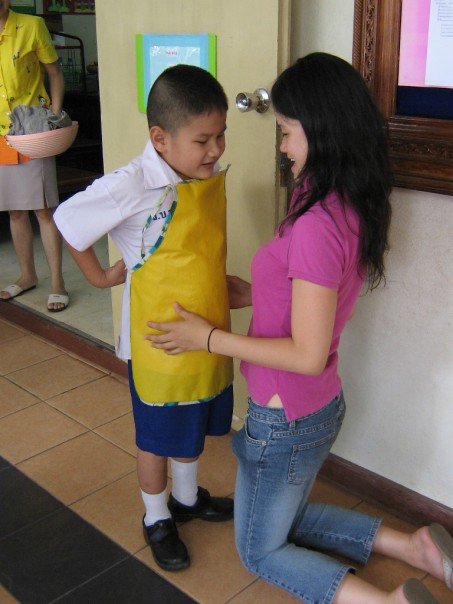The other day, I had a conversation with a close friend. With over a decade of hustling and bustling in the industries of our own choices, Covid-19 had us finally slow down and catch up to the present day.
He works in the food and service industry.
And as you know, I work in the lifestyle and education industries.
Naturally, I wondered if he’d ever come across adults with special needs in restaurants.
He seemed thrown off with my question and asked if they were able to work (in the least non-offensive tone).
So, I shared one of my favorite inspirations about a couple with down syndrome and their marriage of 25 years.
My friend was surprised that people with developmental and intellectual disorders could lead lives that resembled ones that many people strive towards. He reiterated that he genuinely did not know about the possibilities.
Were Paul and Kris Scharoun-DeForge an exception? Had I given my friend the wrong impression?
What does the future of your child with special needs look like?
It’s a frightening question. You’re left in the unknown and that can invite excitement to some but worry for most. A LOT of worry.
Since leaving the school system and becoming a private practitioner, I’ve been spending time searching — trying to better understand the options that lay in the future of children and teens with special needs.
I keep an eye on media coverage, facebook groups, documentaries, or blog posts that shed light on the possible future of the kids and teens that I work with.
But I get confused and frustrated at myself — why don’t I know this already?
I’m sorry but I still don’t have the answer.
From before my career as an OT took off, I was working with multicultural/multilingual kids with special needs. Either at schools or after-school care.
School is meant to prepare students for their future. But I didn’t have the slightest idea of how adults with special needs lead their lives. What does their day look like? Where do they live? What really made the difference? Were they happy?
Where’s your blindspot?
Of all the possible knowledge, there are 3 categories.
There’s ‘what you know’ — I know how to speak English and Japanese.
And there’s ‘what you know you don’t know’ — I know I don’t know how to speak Zulu and Swiss German.
Then, there’s ‘what you don’t know you don’t know’ — This largest area of knowledge links to solutions to the unresolved problems of the world. The cure to Coronavirus. How big the universe is. Your child’s future.
It’s in this last category that we are left with hope. Trusting that the answer is in ‘what we don’t know we don’t know.’
We just haven’t uncovered those unknowns… YET!
Strengthening your mind with ‘how you should think.’
Carol Dweck defines two types of mindset that makes or breaks a person when meeting adversity: a fixed mindset and a growth mindset.
A growth mindset creates a passion for learning and motivates you to keep going. It’s the ‘yet’ at the end of an unsure thought or sentence.
The most inspiring parents I have worked with are ones that stick together to overcome adversity together and remind each other that there’s always a way.
Here are 3 common practices of unstoppable parents:
- showing up as a team — have the same agenda and prioritize to attend school meetings and events together; signing off emails with both mom and dad’s names
- an attitude that they can always figure something out
- consistent and open communication style — always hearing others out and be willing to learn more about their whole child
They were committed and willing to finetune these practices. Especially since understanding how to think about their child and their special needs. This was also how they showed up to parent their other kids, too.
What is in your child’s unknown-unknown?
In a school setting, you may know more about what your child doesn’t know how to do well (known-unknown) than what they can do well (known-known).
Your child may not be the best at maths — that’s okay!
And they might have a hard time making friends and keeping them — that’s okay, too!
The most important thing is to keep moving forward towards tapping into your child’s strengths and interests. What moves them? What makes their eyes sparkle?
Does your road map show you back roads and unpaved paths?
There is so much information out there and it’s only become easier to access whatever answer and evidence you want to find. We have to be careful with deciding what to read (reliability and validity) and how we read and apply that information.
As health professionals, we are trained to find trustworthy resources and communicate jargon-filled information into digestible pieces.
TCKs and international families are known for always crossing borders. And this one in learning to navigate the world with a child with special needs is a similar practice:
- Learn the map
- Pin our destination
- Pick a route
- Keep moving forward
- Reroute when necessary
- Repeat #4 and 5 until we celebrate our arrival
As an OT consultant, I can show you the map and options. But it’s your child’s destination and your family’s choice in how you want to get there.
If you’d like to join me in uncovering more of the unknown-unknown of your child, I’ll get us ready for this journey together.
PS: In my first 10 years of practicing OT, I was running on low fuel of hope in telling you that your kids were going to be happy, contributing members of society. But now, I am slowly changing the unknown-unknown into my own known-known. There honestly isn’t a whole lot out there about the Asian region.
Here’s a list of where I started — when a case study of one speaks louder than empirical data:
- Paul and Kris Scharoun-DeForge’s 25 years of marriage (article)
- Ping Lian and his mom’s art stall in Sydney & “I Want To Be ARTIST — An Autistic Savant’s Voice and a Mother’s Dream Transformed onto Canvas” (book)
- John Cronin & his dad’s socks business — John’s Crazy Socks
- Life, Animated (documentary)
- Aidah, her mom and Singapore’s Association for People with Special Needs (CNA Insider, 2019, YouTube video)
- Dignity Kitchen in Singapore (Our Grandfather Story, 2019, YouTube video)
Please help me add to this list by commenting below with your favorite resources.
